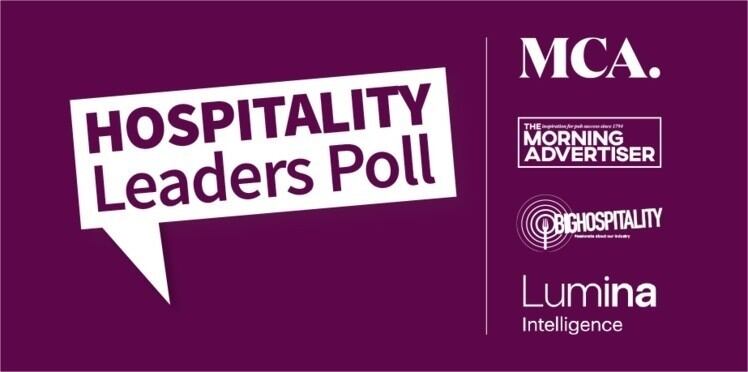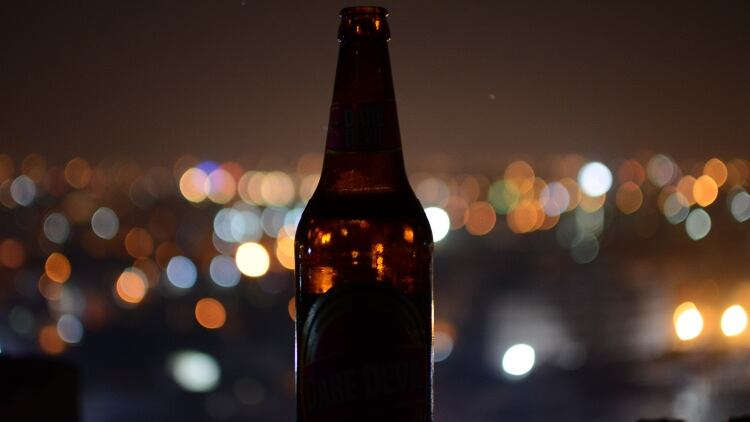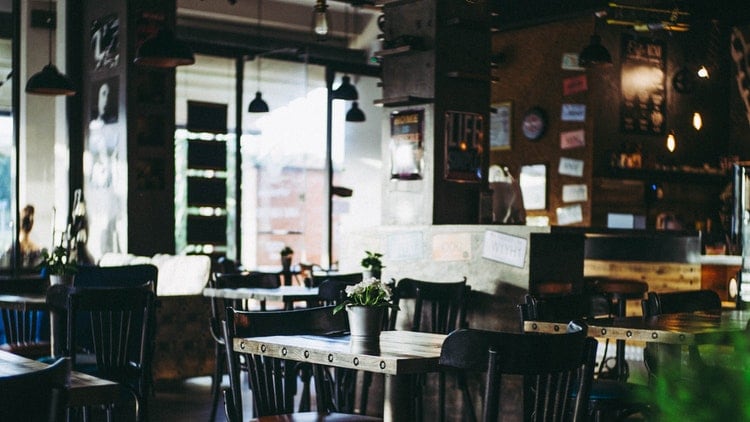The policy paper, which was published last week (27 November), titled ‘Transmission risk in the hospitality sector’ claims there are four types of evidence currently available to understand where transmission is occurring including examples from studies in other countries.
It adds while each type has limitations, “they are consistent in supporting the view that hospitality venues are a significant risk for transmission”.
One point is a combination of environment and behavioural factors – higher risk contacts are in areas that are close, prolonged, indoors, face-to-face, in poorly ventilated and/or crowded spaces or involve “loud” activities.
Overseas examples
The paper claimed these were prevalent in hospitality but not unique to it and the “disinhibitory effects of alcohol are likely to exacerbate difficulties with social distancing”.
It also pointed to analysis of the impact of tiers and national-level restrictions in the UK and overseas that claims it has only been possible to get the R number consistently below one in places where there have been substantial restrictions on hospitality.
The paper again points to overseas analysis of outbreaks in Japan, China, South Korea and Indonesia, which state their “largest superspreading events originated from pubs, clubs, restaurants, gyms and wedding venues”.
The fourth point looks at a report from America, which found those infected with coronavirus without known contact with a person who had confirmed Covid-19, case patients were 2.8 times more likely to report dining at a restaurant or 3.9 times more likely to repor going to a bar or coffee shop than were control participants.
It also said a study from China found where 391 cases and 1,286 of their close contacts were followed up, the secondary attack rate was twofold higher if dining was involved.
Vastly different
Campaign for Real Ale national chairman Nik Antona said: “While we agree that measures must be taken to curb the spread of the virus, the evidence provided appears to be based on studies from the start of the Covid-19 outbreak looking at different countries and their bar cultures, which are vastly different to life here in the UK.
“The research doesn’t consider the mitigating measures that have been introduced by pubs in the last few months such as improving ventilation and social distancing.
“Furthermore, the Government has yet to provide evidence that the requirement to serve a ‘substantial meal’ will reduce transmission or any concrete evidence that the responsible consumption of alcohol increases risk.
“The evidence clearly states that risk comes from a wide range of factors, which apply equally to other sectors such as gyms, nightclubs, churches and business meetings. Coupled with the fact the R-rate has increased in some areas where hospitality has been restricted, it is hard not to conclude that pubs are being unfairly singled out for extra restrictions compared to other businesses.
"We are now urging the Government to review the restrictions across tiers to allow wet-led pubs to reopen in tier two and ensure that all affected pubs are provided with a substantial financial support package to get through the crisis.”




